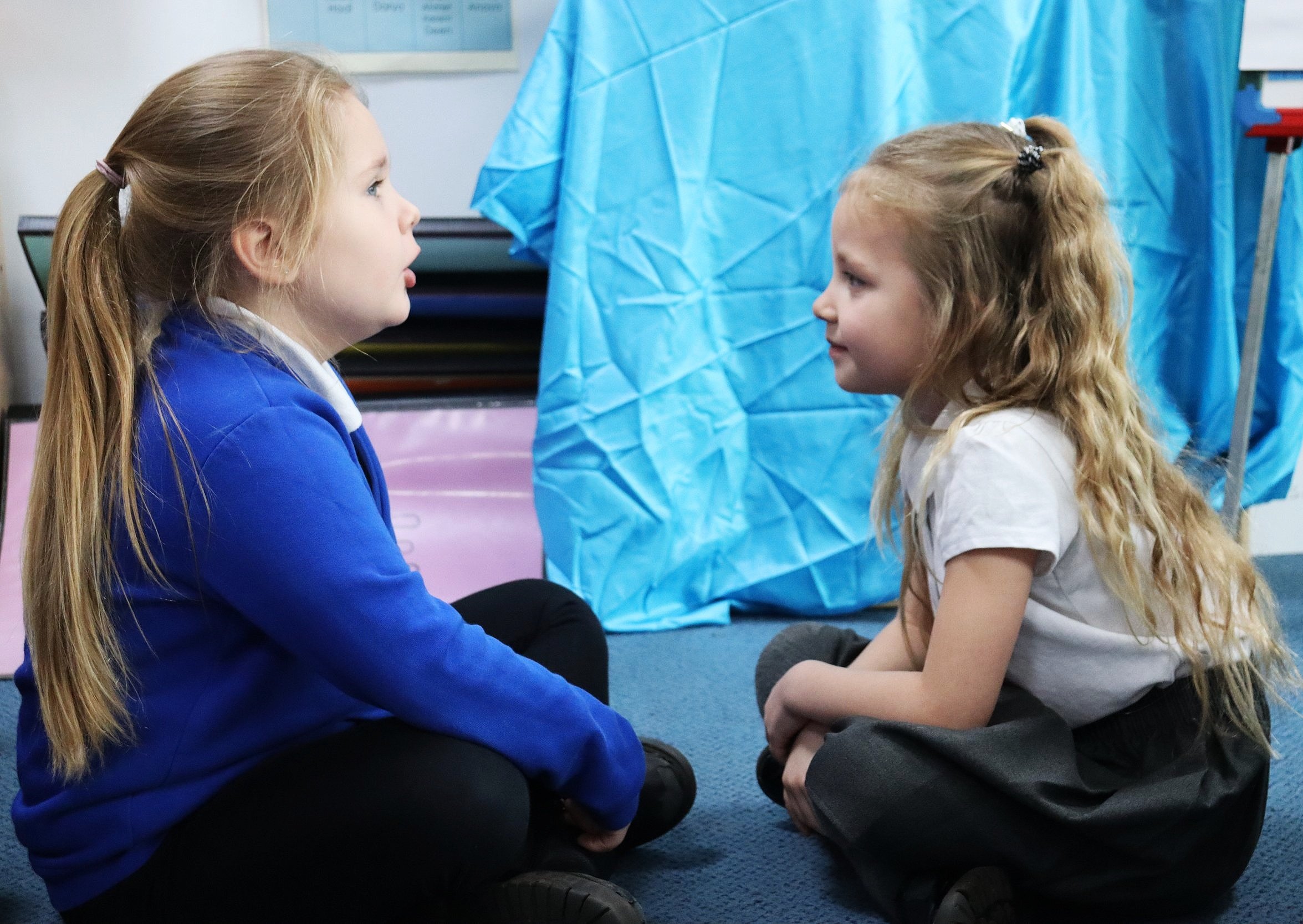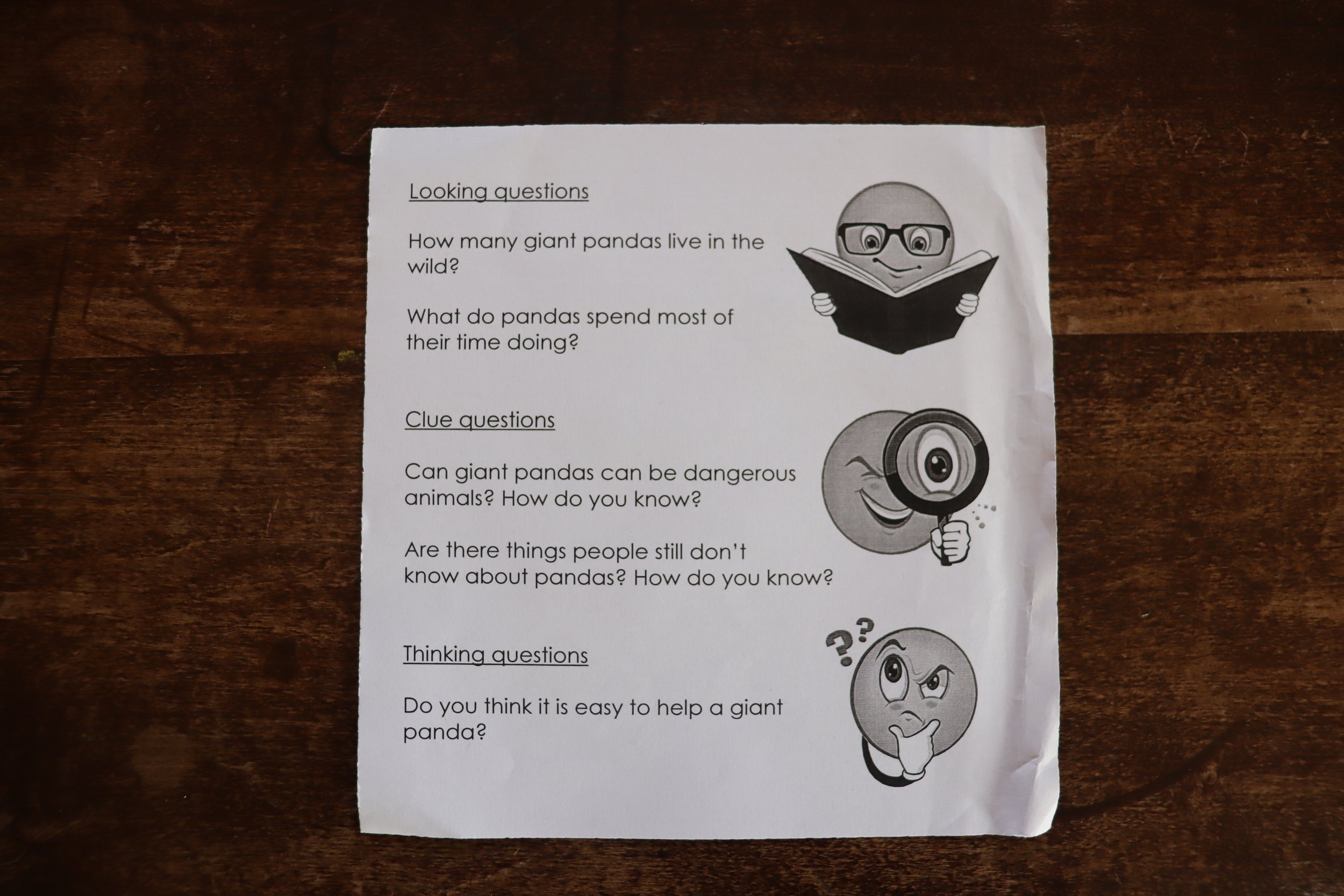
Sometimes we worry that if we ask ‘shy’ or ‘quiet’ children to talk that it could make them feel anxious. But if we never ask them to speak, when will they have the chance to grow?
Look at this conversation I had with an eight-year-old. Her teacher had identified her as a quieter pupil, and was trying strategies to help her become a more confident speaker.
Me: How was the lesson?
S: Good!
Me: Why?
S: Because I don’t usually get picked, but today I did, and I got to speak!
Me: How do you feel when you talk to your class?
S: Sometimes I feel nervous speaking in front of the whole class, but today I felt braver! I’ve got used to it. When we first started doing Talk I was really nervous but today I was ok. [smiling]
Me: You look happy.
S: Yes – today I wasn’t nervous in Talk. I feel happy!
Me: Why do you do Talk in your Reading lessons?
S: We do it to see what everyone thinks. When it’s explained by other people I understand it more. You can change your answer by people persuading you!
Me: Is there anything your teacher could do which would help you?
S: More talk! I will not be as nervous and I will get braver and braver every time.
What will happen when you remove the fear of being wrong?
Pupils feel that P4C helps them with everything from relationships to confidence to staying calm
Why giving out ‘talking objects’ is worth the hassle
Pupils tell us why they think their peers don’t raise their hands
Written from the perspective of a child with Selective Mutism, this book is well worth a read
Teachers’ reactions after starting Philosophy for Children with their classes
Three essential ingredients to ensure pupils have the confidence to speak in front of their peers
I’ve been working with a group of Manchester teachers to discover how to optimise P4C in the teaching and learning of English. It’s been lovely to hear from pupils and teachers about some really positive experiences.





















